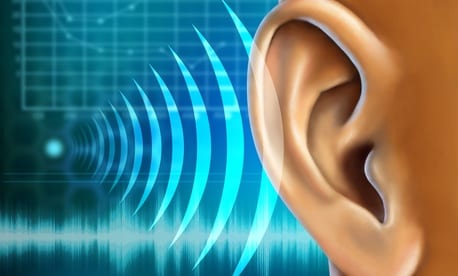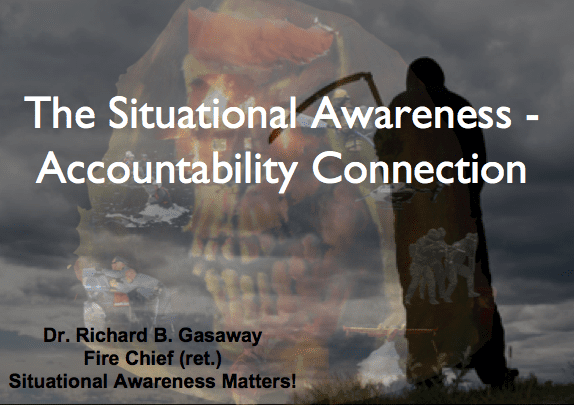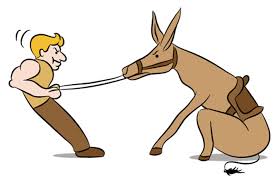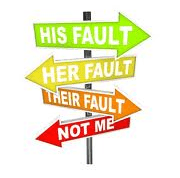Tired Brains (fatigue) and Situational Awareness
I get asked often about the role of fatigue in situational awareness. Sometimes the question is based on general curiosity. Sometimes the inquiry is a result of someone seeking support for (or against) an extended work schedule. I sure don’t want to get caught in the middle of that debate but the question is a […]
Tired Brains (fatigue) and Situational Awareness Read More »










